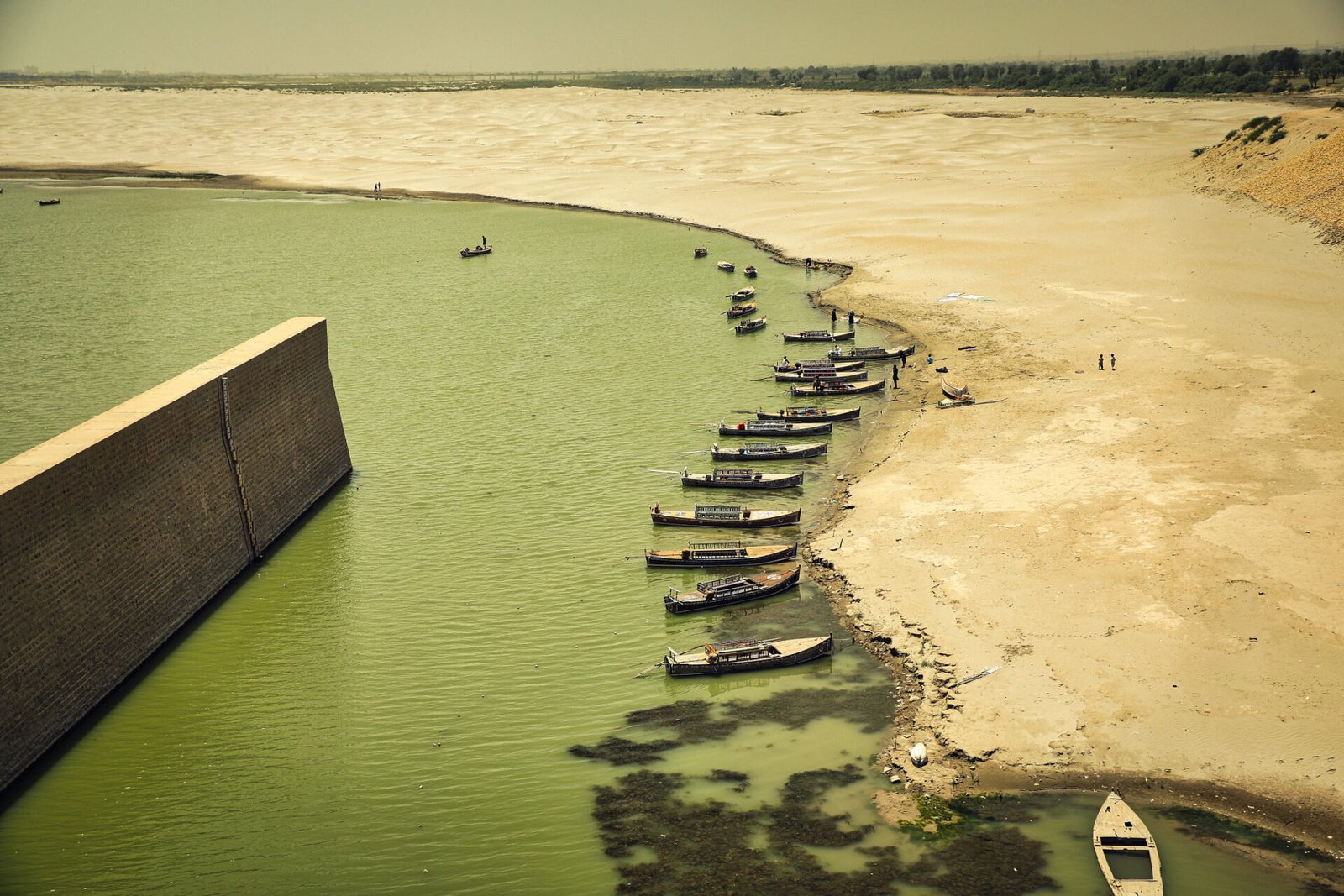Islamabad, 16 February 2024 (TDI): Pakistan’s Indus Basin, a vital natural resource, has been deteriorating at an alarming pace, threatening the ecological balance and livelihoods of millions. In response to this pressing issue, local communities and civil society groups have taken the lead through Pakistan’s Government’s Living Indus initiative.
The Living Indus initiative aims to bolster biodiversity, climate mitigation, and community resilience by implementing nature-based solutions. These efforts have garnered international recognition, being classified as one of the seven UN World Restoration Flagships.
How does the restoration attempt help?
The Indus River, which is 3,180 KM long, has long been the cradle of civilization and has been home to social, cultural and economic life, that is today called Pakistan, for more than 5,000 years.
Julien Harneis, the UN Resident Coordinator in Pakistan, also maintains that the Indus Basin has not only been a subject of negligence from the aftermath of climate change, but it has also suffered from “human induced environmental degradation”.
Around 90 pc of Pakistan’s people and over three quarters of its economy call the Indus Basin its home, and it has the potential to irrigate more than 80 pc of its arable land. However, neglect, environmental degradation and climate change have endangered the river’s ecosystem, including its fish and fertile lands.
The Living Indus initiative was accepted by Pakistan’s parliament after the catastrophic 2022 floods that were caused by climate change and was launched officially at the UN Climate Change Conference in Sharm El – Sheikh (COP27).
The incentive of the initiative is to restore 25 million hectares of river basin by 2030. This project would also include 30 pc of Pakistan’s surface area through the application of 25 – high impact interventions for policymakers, practitioners and civil society.
Also Read: Pakistan Needs Investment to Build Climate Resilience
Pakistan’s role in the initiative
Pakistan’s Minister for Climate Change and Environmental Coordination Ahmad Irfan Aslam says that “This holistic strategy employs community-led, gender-responsive, and transparent nature- based solutions for restoring the entire Indus Basin, safeguarding its resources for the people of Pakistan.”
It is important to note that the Indus Basin houses 195 mammal species, 668 bird species and more than 150 fish species. This also includes 22 endemic species of fish along with the endangered Indus Blind Dolphin, which is the world’s rarest mammals.
Through the encouragement of responsible water management, reducing pollution, safeguarding biodiversity and elevating community engagement, the initiative assists in making sure that Pakistan is on the track toward climate – resilience.
In addition to these developments, the Sindh Chief Minister Syed Murad Ali Shah while meeting with UN Resident Coordinator Julien Harneis, said that there was an urgency to establish a “wider and deeper mobilization than ever before and deploy a level of creativity that would draw from the pool of energy in Pakistan”.
He also asserted that there was no room for a “silver bullet” solution to the hindrances that the Indus River is faced with. Furthermore, he also claimed that there are multiple ways that lead to the solution, and each and every one of them should be addressed.
The Indus Basin initiative has already been able to restore 1,350,000 hectares. It is comprised of 25 projects which are estimated to cost USD 17 billion. This initiative also enhances the sustainable management of the Indus River Basin and is committed to balancing water resource use, ecosystem preservation and socio – economic development.
Also Read: UNDP & Golf-II meets Additional Chief Secretary Gilgit-Baltistan
Pathway toward sustainable development
Furthermore, the Chief Minister and visiting UN representatives established to work on 26 interventions and programs.
These include the sustainable development of existing and new protected areas, along with zero carbon protected areas, it would also help to reestablish terrestrial, aquatic and bird life in the Indus Basin.
Moreover, coastal zone management in the Indus Delta will be amalgamated to enhance climate resilience and promote the geographical expansion for the Glacial Lake Outbursts Floods initiative, which would amplify the application of eco-system based adaptation approaches.



